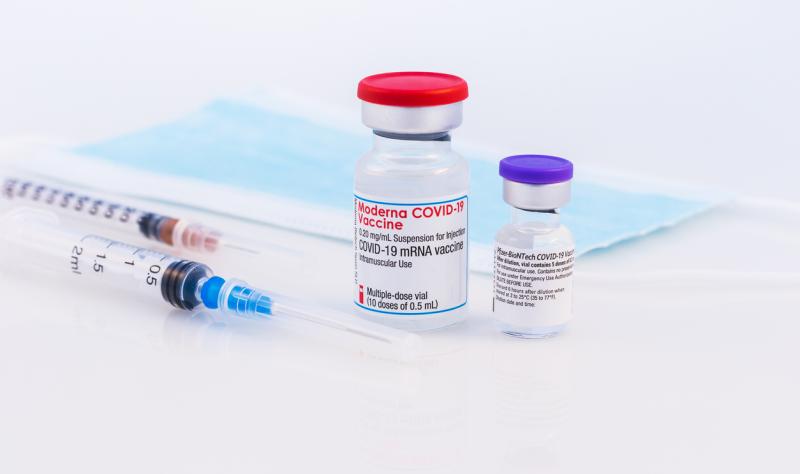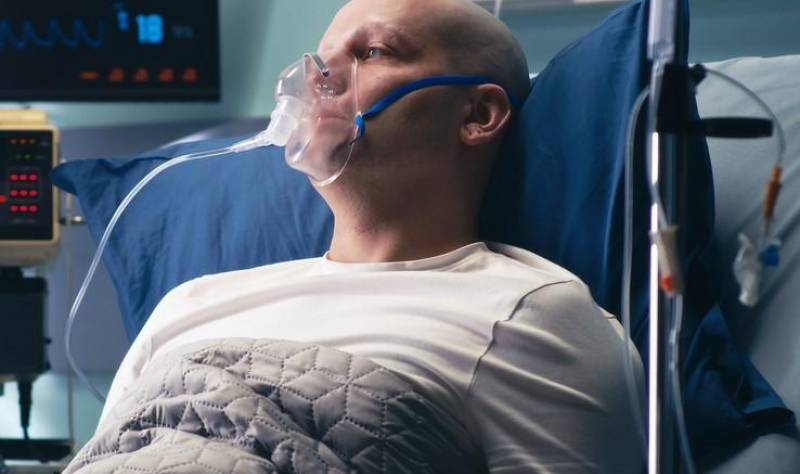Study: COVID-19 rapid home tests not highly sensitive for Omicron


Dutch researchers reveal that the sensitivities of three commonly used rapid antigen tests, when used in asymptomatic people in the Omicron period, were very low and suggest repeat testing after a negative test. The study is published in Clinical Microbiology and Infection.
The study was conducted between Jan 2 to Mar 30, 2022, when Omicron accounted for 90% to 99.5% of all cases in the Netherlands. A total of 3,600 asymptomatic people with suspected COVID-19 were tested using one of three at-home rapid antigen tests and a reverse-transcription polymerase chain reaction (RT-PCR) test. Home tests were provided within 3 hours of taking an RT-PCR test.
Overall sensitivities for the three home tests were 27.5% (95% confidence interval [CI], 21.3% to 34.3%) for Flowflex, 20.9% (95% CI, 13.9% to 29.4%) for MPBio, and 25.6% (95% CI, 19.1% to 33.1%) for Clinitest. After applying a viral load cut-off, sensitivities increased to 48.3% (95% CI, 37.6% to 59.2%), 37.8% (95% CI, 22.5% to 55.2%), and 40.0% (95% CI, 29.5% to 51.2%), respectively.
Participants with negative tests also filled out a questionnaire, which showed 54.8% retested in the 10 days following a negative test, with 24.6% testing positive.
The positive predictive values were greater than 92%, and negative predictive values were greater than 88% for all self-tests. The authors said previous studies on self-tests conducted before Omicron yielded better sensitivities, at 52.5% in asymptomatic individuals.
“We conclude that SARS-CoV-2 self-testing has limited value for asymptomatic individuals wishing to protect vulnerable persons and may even lead to a false sense of security,” the authors concluded. “The high SARS-CoV-2 infection rate within 10 days of a negative RT-PCR test that we found in our study emphasizes the importance of re-testing over time, especially when symptoms develop, to reduce missed infections as much as possible.”



